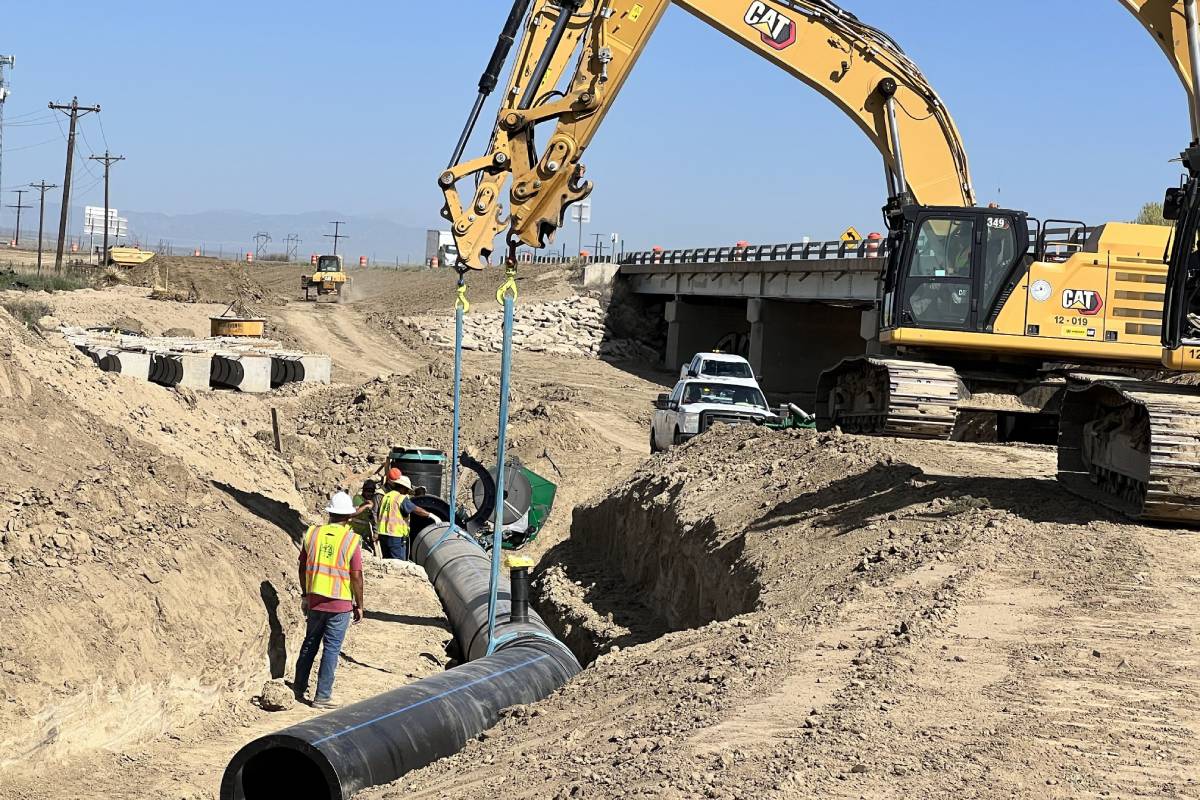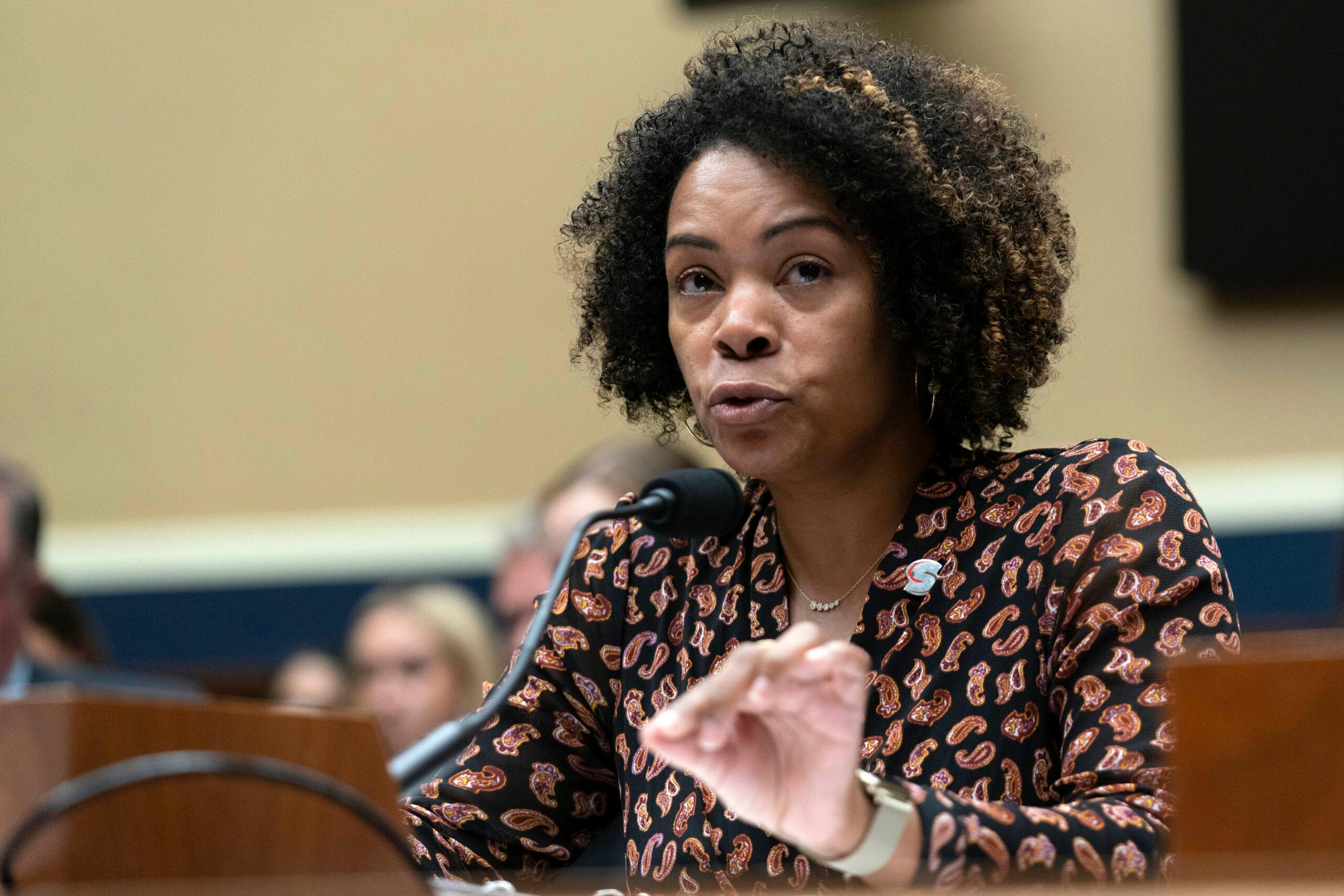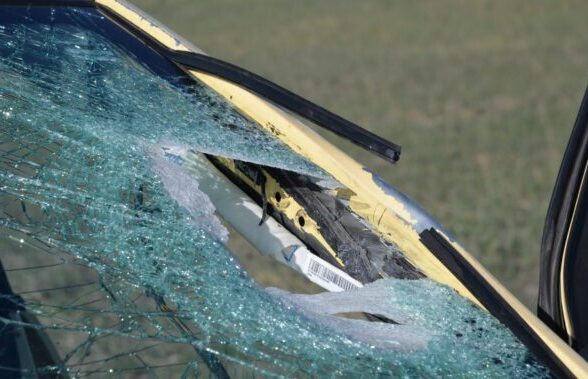
Gov. Jared Polis signed a bill Monday designed to crack open the door to a new nuclear energy era in Colorado, disregarding a coalition of environmental groups asking for a veto.
The legislation, HB25-1040, redefines nuclear as a “clean energy resource” since it doesn’t release large amounts of climate-warming emissions. The category was previously reserved for renewables like wind, solar and geothermal, which don’t carry the radioactive stigma that’s hobbled fission power plants following disasters like Chernobyl and Fukushima.
In an emailed statement, Ally Sullivan, a spokesperson for the governor’s office, said the law doesn’t advance any specific nuclear energy project, and no utility has proposed building a nuclear power plant in Colorado. It does, however, allow nuclear energy to potentially serve as one piece of the state’s plan to tackle climate change.
“If nuclear energy becomes sufficiently cost-competitive, it could potentially become part of Colorado’s clean energy future. However, it must be conducted safely, without harming communities, depleting other natural resources or replacing other clean energy sources,” Sullivan said.
By redefining nuclear energy as “clean,” the law would let future fission-based power plants obtain local grants previously reserved for other carbon-free energy sources, and it would allow those projects to contribute to Colorado’s renewable energy goals.
It also aligns state law with a push to reshape public opinion of nuclear energy. Nuclear energy proponents promise new reactor designs are smaller and safer than hulking power plants built in the 20th century. By embracing those systems, bill supporters claimed Colorado could meet rising energy demand without abandoning its ambitious climate goals.
That argument wasn’t always effective within the Colorado State Capitol. Sen. Larry Liston, R-Colorado Springs, introduced the same bill in 2023 and 2024, but it was quickly defeated by Colorado Democrats with deep majorities in both legislative chambers.
His prospects started to change after powerful Democrats agreed to co-sponsor the bill earlier this year.
The bipartisan coalition argued that nuclear energy could complement wind and solar with a stable supply of 24/7, baseload electricity. Other proponents said nuclear facilities could provide jobs and tax revenue to communities like Pueblo and Craig, currently home to large coal-fired power plants set to close in the next few years.
After winning broad support in the legislature, a coalition of environmental organizations organized a last-ditch campaign calling for a veto. In a letter sent to the governor in mid-March, the groups argued that defining nuclear as “clean” could divert resources away from wind and solar. It also noted that nuclear power plants consume large amounts of water, produce radioactive waste and put communities at risk of meltdowns and other safety risks.
Ean Thomas Tafoya, an environmental justice advocate and the vice president of state programs for GreenLatinos, was disappointed the governor signed the bill, calling it a major setback for local communities already struggling with the impacts of industrial pollution and climate change.
“Clean energy can’t be defined solely as carbon-free. Nuclear power has serious community impacts from mining and water use to hazardous waste storage,” Tafoya said. “Unfortunately, this decision shows that environmental justice is still not prioritized in policy design.









